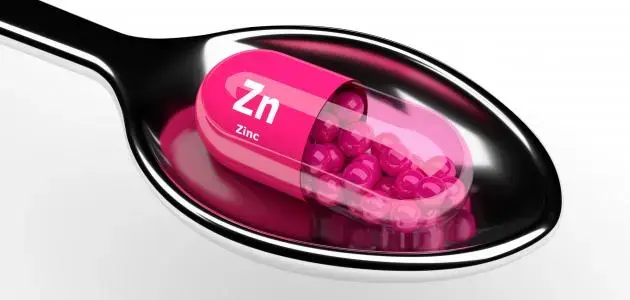Zinc, also known as spelter or zincite in some circles, is a transition metal that sits pretty high on the list of important elements. It’s labeled as Zn on the periodic table and has an atomic number of 30. Thanks to some gaps in its d-orbital, it can form complex compounds, which makes it super useful in different industries.
Zinc belongs to group 12 in the periodic table and shares some chemical behavior with magnesium—both have a 2+ ion. It's actually one of the 24 most abundant elements in the Earth’s crust and comes in several stable isotopes. The most common form we use is zinc sulfide. Major zinc deposits are found in places like Australia, Asia, and the U.S.
Some Quick Zinc Facts
- It’s a transition metal.
- Found in group 12, period 4, sublevel d of the periodic table.
- Atomic mass: 65.38 g/mol.
- Electron configuration: [Ar] 3d10 4s2.
- It’s a solid at room temperature.
- Density at room temp: 7.14 g/cm³.
- Density at melting point: 6.57 g/cm³.
- Melting point: 419.53°C (787.15°F).
Why Zinc Matters for Your Body
Zinc is super important for your health, even though your body only needs small amounts. It’s one of those trace elements like cobalt, copper, manganese, nickel, silicon, fluoride, and iodine. Here are some of the ways zinc helps your body out:
- Keeps your sense of smell sharp.
- Helps maintain steady blood sugar levels.
- Regulates your metabolism.
- Boosts your immune system.
- Speeds up wound healing.
- Helps protect and repair your DNA.
- Supports prostate health.
- Plays a role in reproduction and diabetes management.
The Not-So-Great Side of Zinc
As with anything, too much or too little zinc can cause problems. Here’s what can happen when your zinc levels are off:
Too Much Zinc
- Reduces how well your body absorbs and uses iron.
- Weakens your immune system.
- Can make you feel nauseous or cause vomiting.
- Might lead to stomach pain.
- May cause a weird taste in your mouth or oral sensitivity.
Too Little Zinc
- Loss of appetite.
- Stunted growth and delayed puberty in kids.
- Skin issues like rashes.
- Problems with taste and smell.
- Feeling depressed.
- Getting colds more often.
- Higher risk of anemia.
- Can interfere with how some medications work.
Leave a comment
Your email address will not be published. Required fields are marked *




